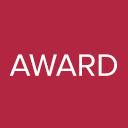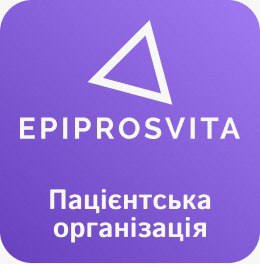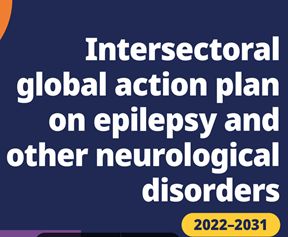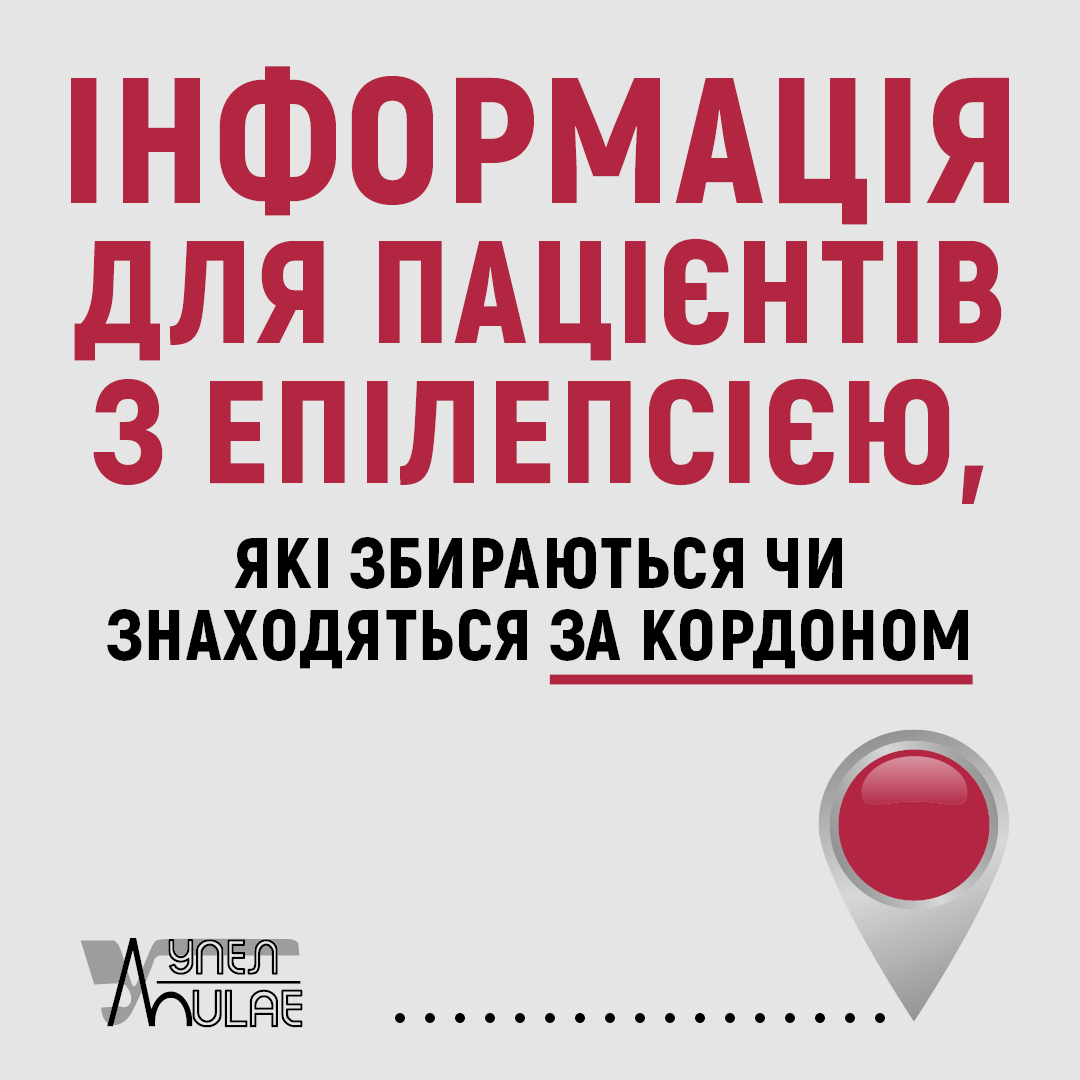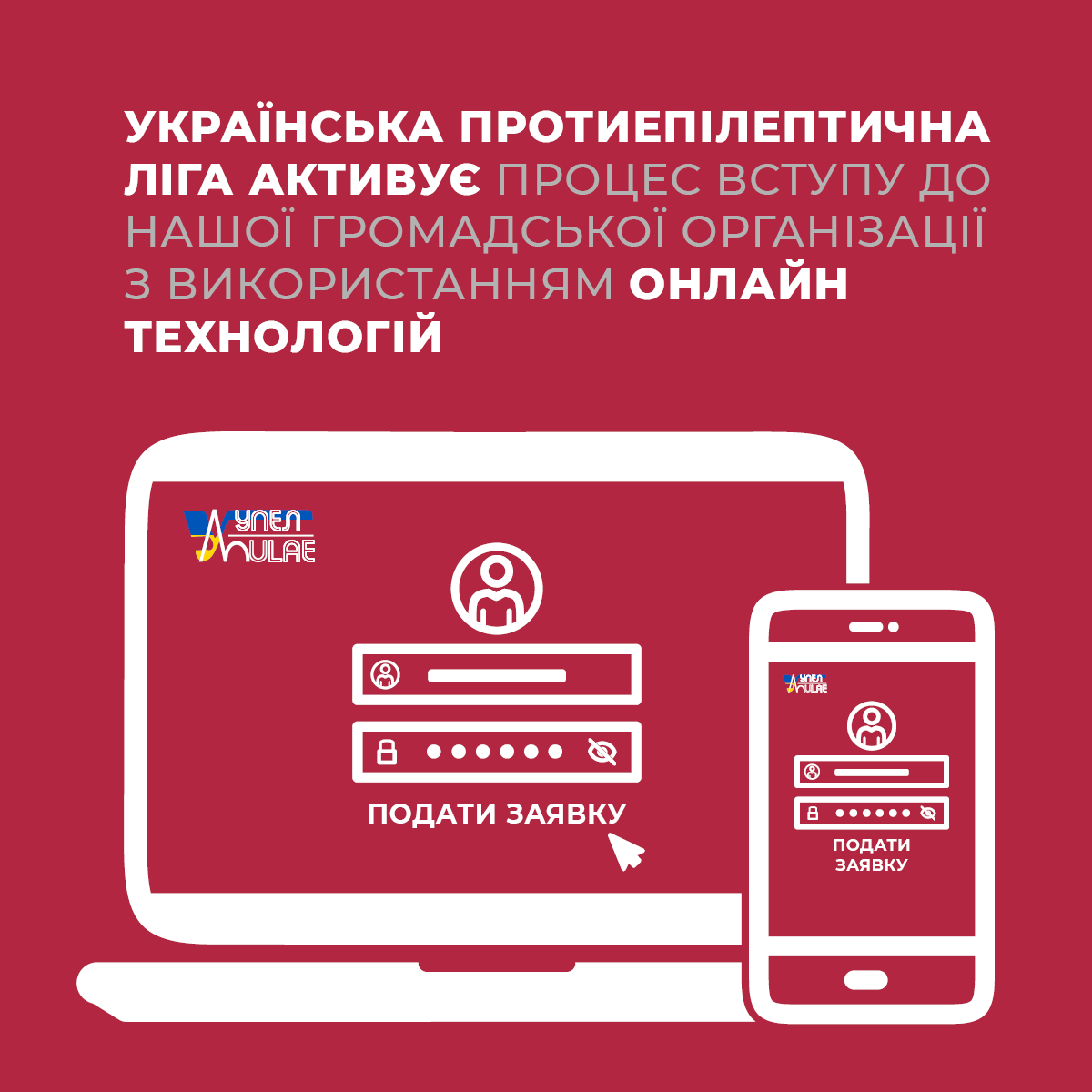|
A new serie of webinars focusing on epilepsy in clinical trials will begin in 2023 !
This serie has been prepared by the Clinical Trials & Targeted Therapy and the Education & Training work groups.
|
|
|---|
|
| |
|
|
| |
|
Use of circulating biomarkers in clinical trials
January 19th at 17:00 CET
Anna Maria Vezzani
IRCCS-Istituto di Ricerche Farmacologiche Mario Negri
Milano, Italy
&
Matthias Koepp
UCL - University College London
London, United Kingdom
THE LINK TO REGISTER WILL BE PROVIDED IN JANUARY
Feel free to visit our webpage to see the next dates and topics, and register to our webinars newsletter to receive the next invitations.
|
|
|---|
|
| |
|
|
|
|
| |
|
|
| |
| |
|
|
| |
Using the opportunity of the last newsletter of the year, the full EpiCARE Team wishes you all a very happy holiday, and our best wishes!
We are thankful to our members for another busy and productive year, and we look forward to continuing our work and collaboration next year.
|
|
|---|
|
| |
|
|
| |
| |
|
3rd Rome workshop on rare and complex epilepsies : in search of lost time
|
|
|---|
|
| |
|
|
| |
|
|
| |
We closed the year with our now traditional Rome Workshop: In search of lost time, organised by the Bambino Gesù team !
The topic this year was "From Epileptogenesis to Clinical care". Sessions were riveting, reviewing advances in targeted therapies, precision medecine, and many other topics. Participants appreciated the quality of the lectures, and the time allowed for discussions.
We were also glad to hear from 8 very promising young researchers, who enjoyed the ERN Mobility Programme and were funded to present their research, get feedback from the experts present and network with european colleagues ! (picture above.) As one of our EpiCARE member said, "The future looks bright!"
Many thanks to the organising committee and the faculty for this great workshop, and to all EpiCARE members who participated.
|
|
|---|
|
| |
|
|
|
|
| |
|
Isabella Brambilla elected co-Chair of the ePAG Steering Committee
|
|
|---|
|
| |
|
|
| |
|
|
| |
This group provides advice to the ERNs, European Commission (EC) and Board of Member States (BoMs) on patient partnership and ensures a common approach to involving patients in the ERNs. New challenges to better represent the voice of patients.
|
|
|---|
|
| |
|
|
| |
|
|
| |
| |
|
|
| |
| 15th congress of the European Paediatric Neurology Society - 2023 |
| |
Plans are now full steam ahead for the next EPNS Congress which will be taking place on 20-24 June 2023 in Prague, Czech Republic.
The programme is out! The main theme of the congress is “ From genome and connectome to cure”. Take a look Be the next winner! During the Congress three prizes will be awarded: Outstanding abstract, Best ePoster, Best Oral Presentation. The Awards will be presented during the congress. The three winners will receive a free registration for the 16th EPNS Congress in Munich, Germany. What you need to do for your chance to win? Submit your abstract by 31 December 2022.If you have any questions whatsoever, please do not hesitate to contact Ця електронна адреса захищена від спам-ботів. Вам потрібно увімкнути JavaScript, щоб побачити її.or Ця електронна адреса захищена від спам-ботів. Вам потрібно увімкнути JavaScript, щоб побачити її..
|
|
|---|
|
| |
|
|
|
|
| |
|
|
| |
| 9th Congress of the European Academy of Neurology - 2023 |
| |
For the 9th annual congress of the European Academy of Neurology we will be travelling to the grand and beautiful city of Budapest on 1-4 July, 2023.
As always, the EAN Congress will provide an unrivalled chance for our community to share a rewarding clinical and scientific experience. With the rich cultural tapestry of Budapest as our backdrop, we also have the ideal environment for establishing new contacts and friendships, and of course renewing old ones.
See you in Budapest in July 2023!
|
|
|---|
|
| |
|
|
|
|
|
|
|
Other upcoming events:
-
23 February - 25 June 2023: International Online Course on Pathogenesis of Epilepsy. More info
-
17-28 July : San Servolo Epilepsy Course"Early pediatric onset epilepsies: from syndrome and management to future perspectives". More info
-
2-6 Sept : 35th International Epilepsy Congress in Dublin, Ireland. More info.
|
|
|---|
|
|
|
|
|
| |
| EpiCARE SCIENTIFIC PUBLICATIONS |
| |
|
|---|
|
|
|
|
|
| |
- Bishop, K. I., Isquith, P. K., Gioia, G. A., Knupp, K. G., Scheffer, I. E., Nabbout, R., Specchio, N., Sullivan, J., Auvin, S., Helen Cross, J., Guerrini, R., Farfel, G., Galer, B. S., & Gammaitoni, A. R. (2022).
Fenfluramine treatment is associated with improvement in everyday executive function in preschool-aged children (<5 years) with Dravet syndrome. Epilepsy & behavior : E&B, 138, 108994. Advance online publication. Link.
- Licchetta, L., Minardi, R., Muccioli, L., Gramegna, L. L., Manners, D. N., Tonon, C., Bisulli, F., & Tinuper, P. (2022).
Complete Agenesis of Corpus Callosum in KCNQ2-Related Neonatal Epileptic Encephalopathy. Neurology. Genetics, 8(6), e200042. Link.
|
|
|---|
|
| |
|
|
|
|
|
EpiCARE members: please remember to mention EpiCARE in your affiliations or in the acknowledgements / references when appropriate.
|
|
|---|
|
|
|
|
|
|
|
|
|
|
|
Isabella Brambilla as Member IRDIRC Clinical Research Networks represented the community of patients affected by rare and complex epilepsies (EpiCARE) at the conference on clinical research networks (CRNs) for rare diseases. The International Rare Diseases Research Consortium (IRDiRC) and the European Joint Programme on Rare Diseases (EJP RD) are jointly organising this conference. It was a very interesting conference full of contributions, insights and critical points. Great opportunity for patients to have a confrontation with an international multidisciplinary team. The objective of this conference is to gather experts from different continents to increase mutual knowledge on CRNs structure, activities and identify pathways to stimulate collaboration and interoperability of these networks. |
|
|---|
|
|
|
| |
|
Once again, the importance of networks such as EpiCARE and ERNs in Europe in advancing the best possible care for rare diseases.
|
|
|---|
|
| |
|
|
|
|
|
|
|
Infantile Spasms Awareness Week is held annually from December 1st to December 7th.
Infantile spasms are a form of epilepsy that affects babies and young children.
|
|
|---|
|
|
|
| |
|
Although they are rare they are the most common seizure in children under one year of age and these “little” seizures can have massive consequences. It often shows as brief, repetitive movements such as eye rolls, jerking of the body and head drops.Each episode lasts 1-2 seconds then there is a pause for few seconds that is followed by another episode of spasms. IS is much more serious than it appears with chaotic brainwave pattern that causes loss of skills and brain damage. The longer the spasms are untreated and uncontrolled, the greater the impact on future development.
Prompt diagnosis of infantile spasms is essential, because the earlier a child is diagnosed the greater the chance they can be effectively treated. This is challenging because infantile spasms can be mistaken for normal baby movements or other conditions that don’t demand urgency such as colic, reflux, or a startle reflex.
IS are a medical emergency so many associations have joined forces and started the action network to STOP infantile spasms. The aim of this campaign is to help parents see and recognise the signs, take a video, obtain a diagnosis and prioritise treatment!
|
|
|---|
|
| |
|
|
|
|
| |
|
In search of lost times: From epileptogenisis to clinical practice – 3rd Rome workshop
|
|
|---|
|
| |
|
|
|
|
| |
|
Patient Advocates were an integral part of the 3rd Rome EpiCARE supported conference “In Search of Lost Time”. This year’s theme was “From Epileptogenesis to Clinical Practice”, and once again the patient was at the heart of all presentations. Dr Kees Braun from the Netherlands gave a presentation on ‘Precision medicine’, advocating for physicians to be personalised for patient benefit and urging the clinician to “talk less, listen more”. Prof Helen Cross OBE’s presentation continued that theme as she examined ‘Patient-centred outcome measures in epilepsy’.
On 14th of December during the Session 5, our ePAGs, Isabella Brambilla and Emma Nott, and patient representatives, Arianna Zinco and Martina Piccolo from Associazione Famiglie LGS Italia, have presented 2 topics. One is “How registries from patients associations can help research?“ that was led by 2 siblings of patients affected with Lennox-Gastaut syndrome, and the second one „How can patients advocates support actions for better healthcare pathways“ by Emma Nott from Hope for Hypothalamic Hamartoma.Patient representatives from Associazione Famiglie LGS Italia gave a fantastic presentation demonstrating to the clinicians and researchers present how patient associations have led the way in creating registries in order to help research, and gave a masterclass in how to set up and maintain a registry for patients affected by rare and complex epilepsies. ePAG representative Emma Nott followed up with an example of how a patient advocacy organisation – Hope for Hypothalamic Hamartomas – helped shape the HH Patient Pathway in the UK and both helped develop and then secure NHS funding for laser ablation surgery for focal epilepsies in the UK. Both talks gave great insight in the role of patient’s associations in developing registries for various studies and supporting and improving clinical care of patients affected with rare and complex epilepsies. We hope that these lectures also have encouraged healthcare professionals to collaborate with patient’s associations as together we can create better conditions for the patients and achieve the best quality of life possible! All in all Nicola Speccio, the conference host, did a fantastic job of creating an ambitious and comprehensive programme which ensured an energetic, informative and collaborative congress.
|
|
|---|
|
| |
|
|
|
|
|
|
|
|
|
|
|
|
| |
|
Any news you would like to share, events planned, publications in the works?
Share with us any information you would like us to include in the next newsletter atЦя електронна адреса захищена від спам-ботів. Вам потрібно увімкнути JavaScript, щоб побачити її.
|
|
|---|
|
| |
|
|
| |
Follow us on social media!
|
|
|
|---|
|
|
| |
|
|
|
|
| |
Our mailing address is:
Department of Paediatric Clinical Epileptology, Sleep Disorders and Functional Neurology
ERN EpiCARE c/o Pr Arzimanoglou
Hôpital Femme Mère Enfant (HFME)
59 Boulevard Pinel
69677 Bron, FRANCE
|
| |
|
|
| |
|
© 2021 EpiCARE All rights reserved.
You are receiving this email as you may work at one of the EpiCARE centres or you are taking part in one or more of EpiCARE expert groups or you may have attended one of our webinars.
|
|
|---|
|
| |
|
|
| |
© 2021 Hospices Civils de Lyon (ERN EpiCARE)
|
| |
|
|
|
|




















